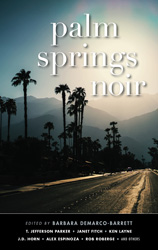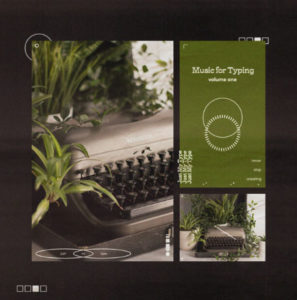Random meanderings on a Sunday
I walked to Starbucks while my son Travis and his friend Eric accompanied me on bikes. Bought a venti chai latte, nonfat. Last week when Brian and I walked to Starbucks and I ordered my chai and he ordered black coffee, he said, “Whatever happened to large or small?”
I bought the New York Times, which I love especially on Sundays, though today I went online and ordered it to be delivered seven days a week, took my chai latte and Travis, Eric and I headed for the cliff over the beach. Eric wanted to look across the harbor at the Wedge, see if anyone was surfing there.
I looked out over the water for a few minutes, then sat and glanced at the Book Review for a minute. Then Travis wanted to go. The boys biked, I walked and thought, yes, it’s a beautiful Southern California day, but I miss the snow. Maybe we’ll have to go to New Zealand this summer to get a bit more of winter. I’m an East Coast goil, what can I say?
Then to another park where the boys rode over hills and through dirt as I read the column “Modern Love,” which made me all teary eyed, about a women meeting her son 21 years after giving him up for adoption when she was 16.
The writing inspired me. Good writing always does. We came home, the boys went out back to the garage studio for their band rehearsal and I sat in front of my iBook, opened up my draft of Starletta’s Kitchen and started futzing with what I’d written yesterday. Knitted a few inches of a sweater I’m making, then futzed some more with my draft and wrote a couple of new lines.
And I thought: It has been way too long since I’ve made an entry in my blog.
So there you have it, a late Sunday afternoon, with the front door open, music–“Dream on” by Aerosmith, sounds like–coming from out back and my work pulling me to it.
How was your Sunday? Get any writing done?



 Support Indie bookshops and this site by purchasing books through my BookShop
Support Indie bookshops and this site by purchasing books through my BookShop
